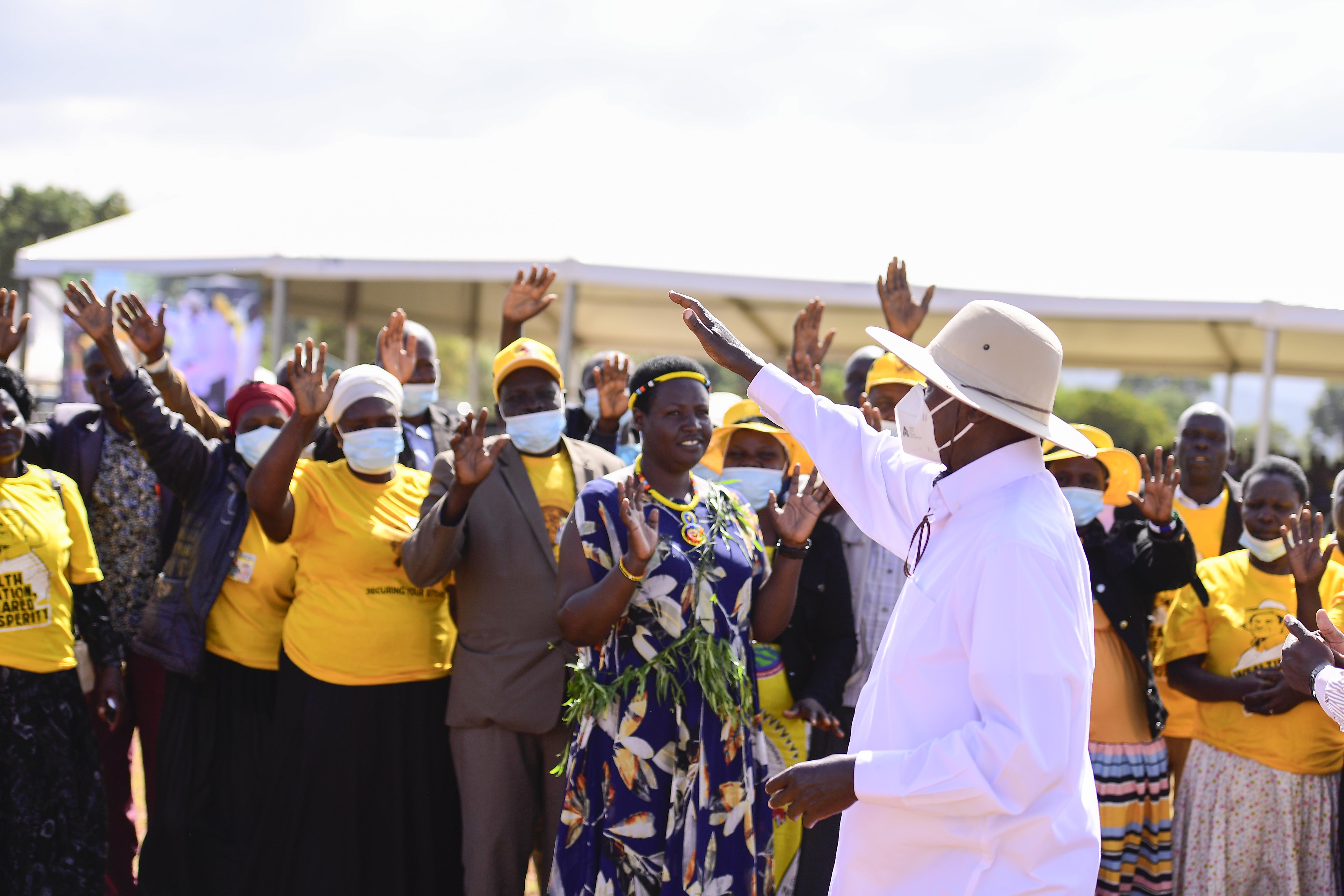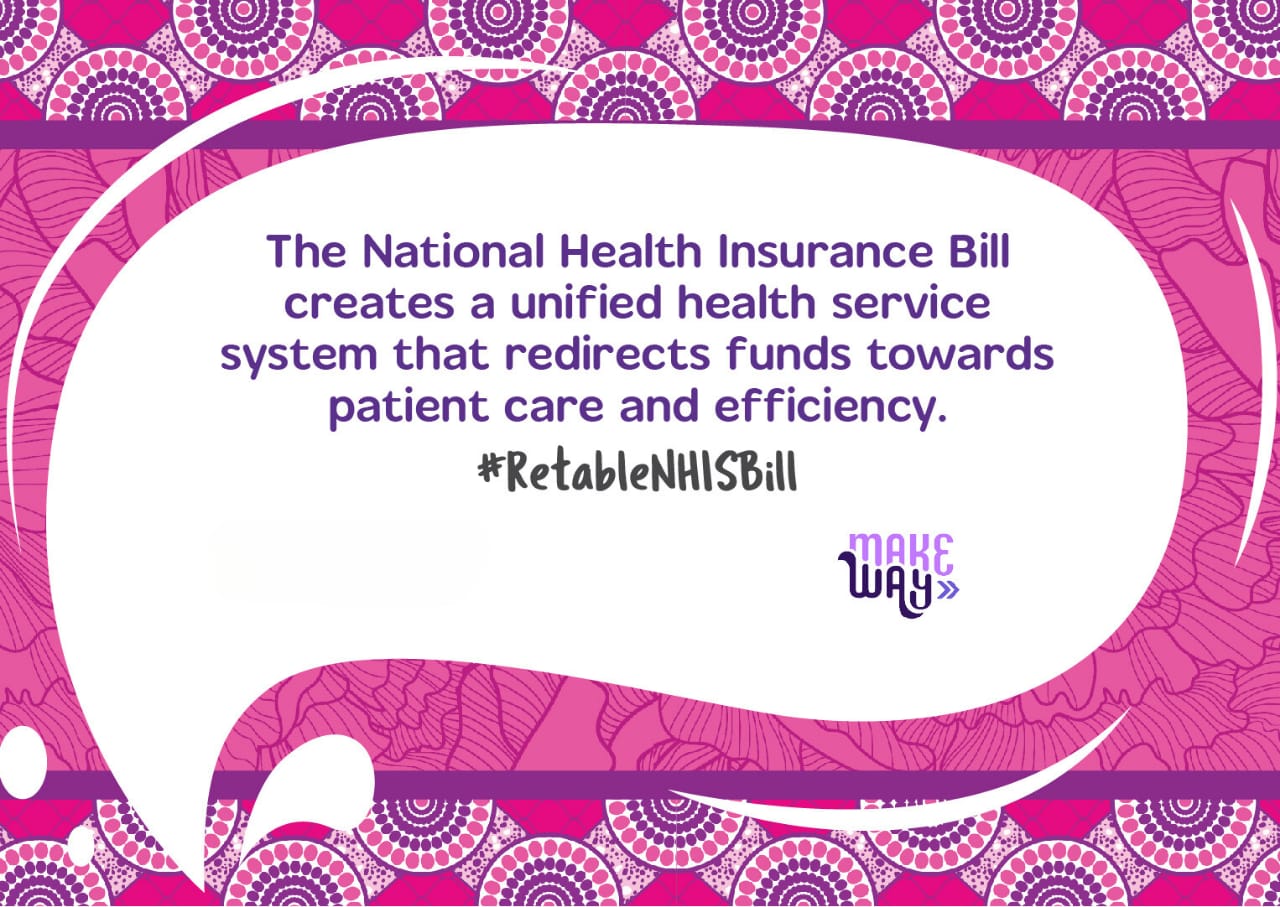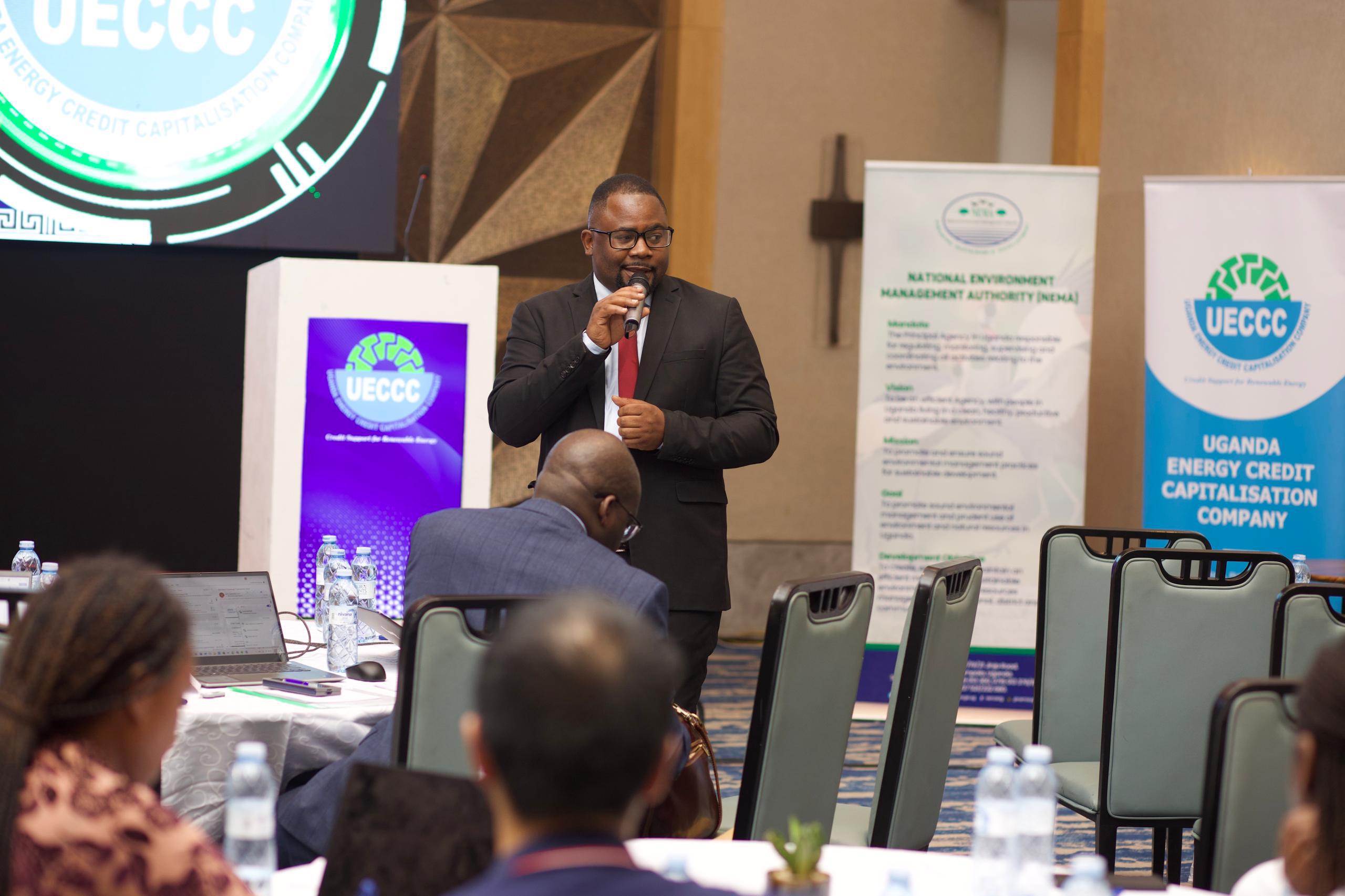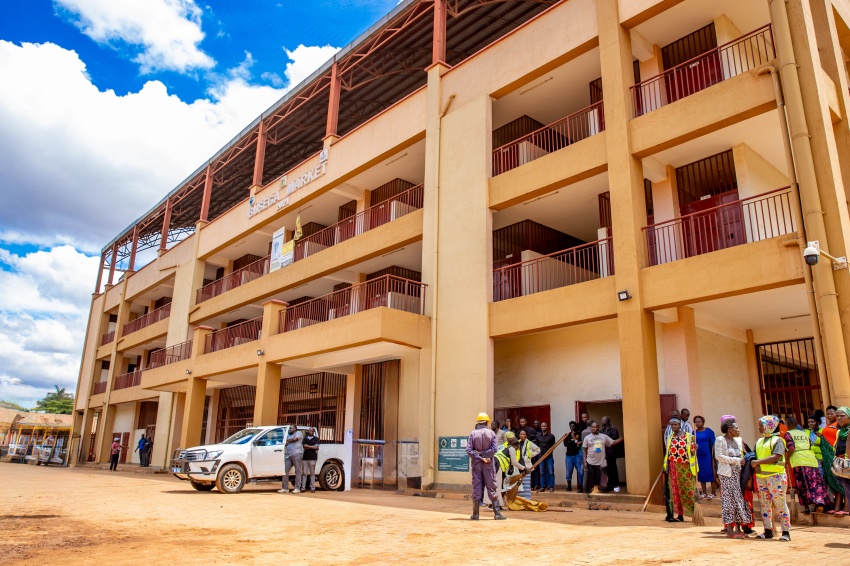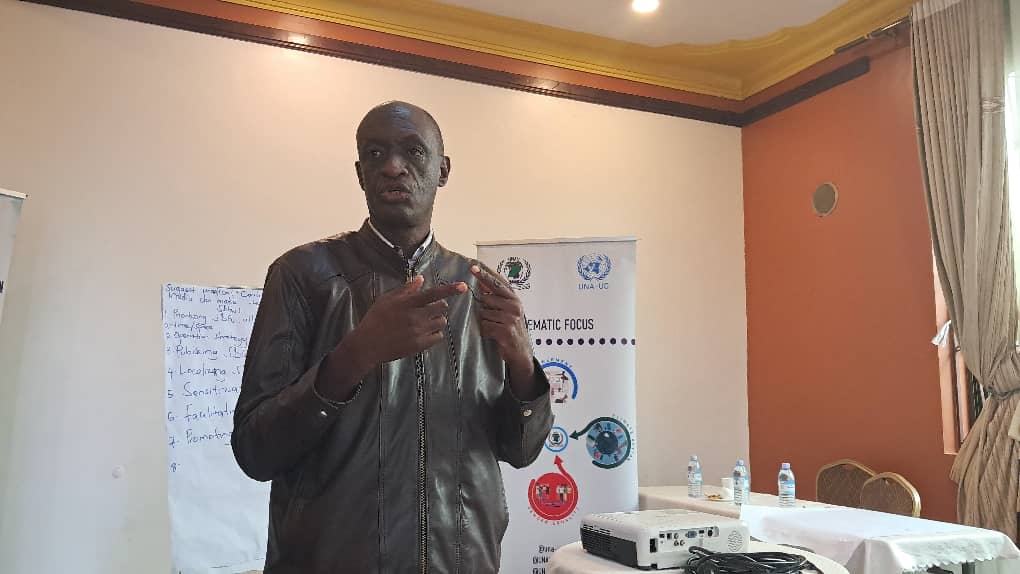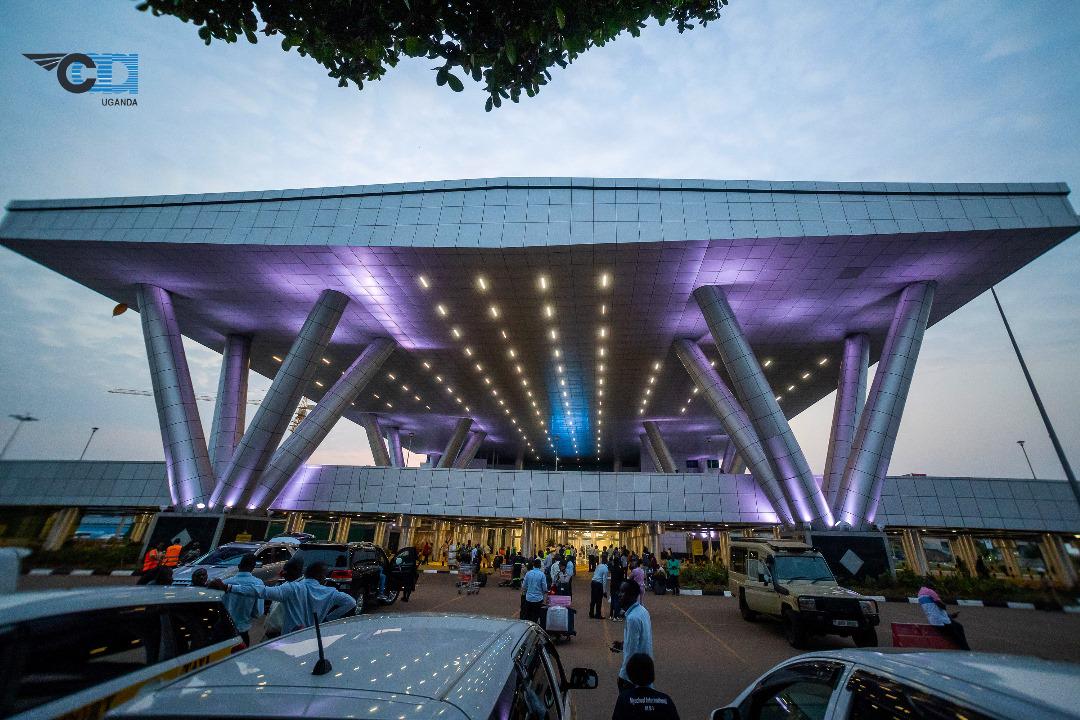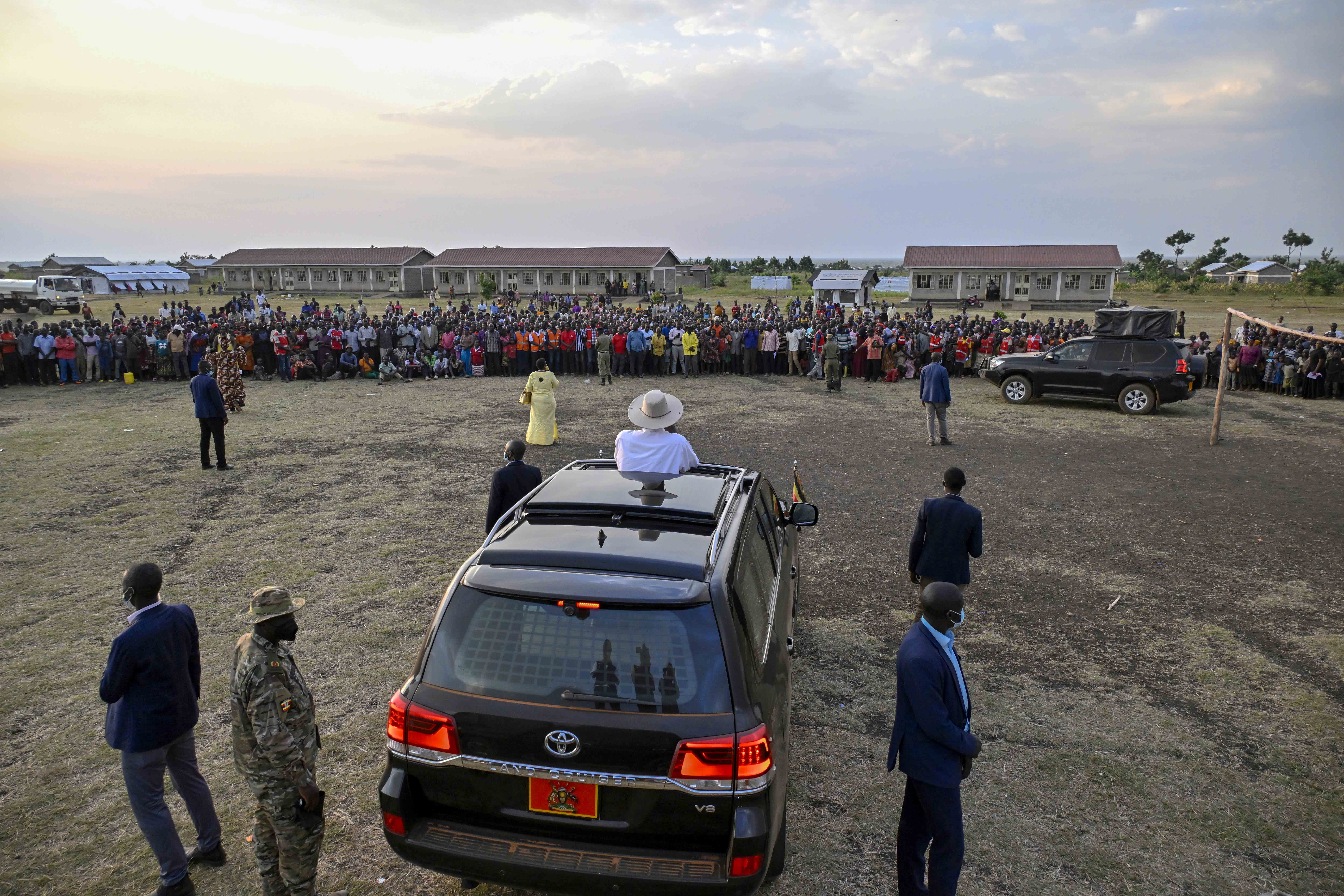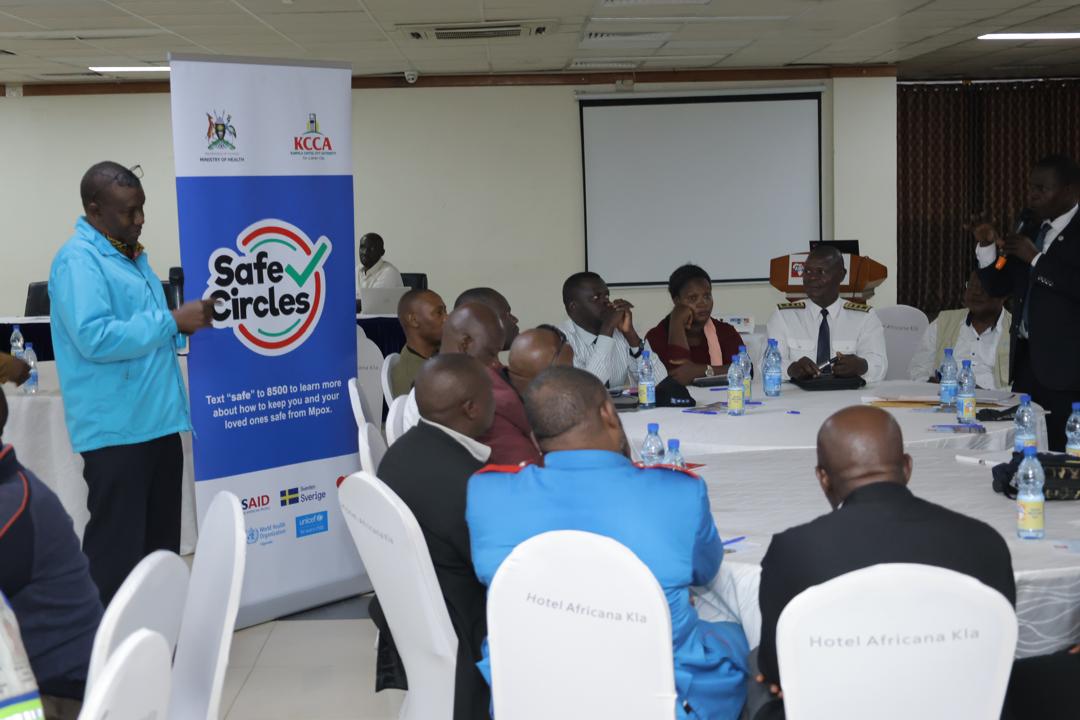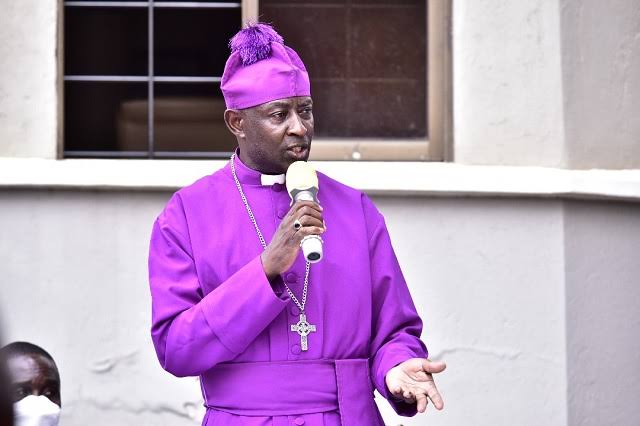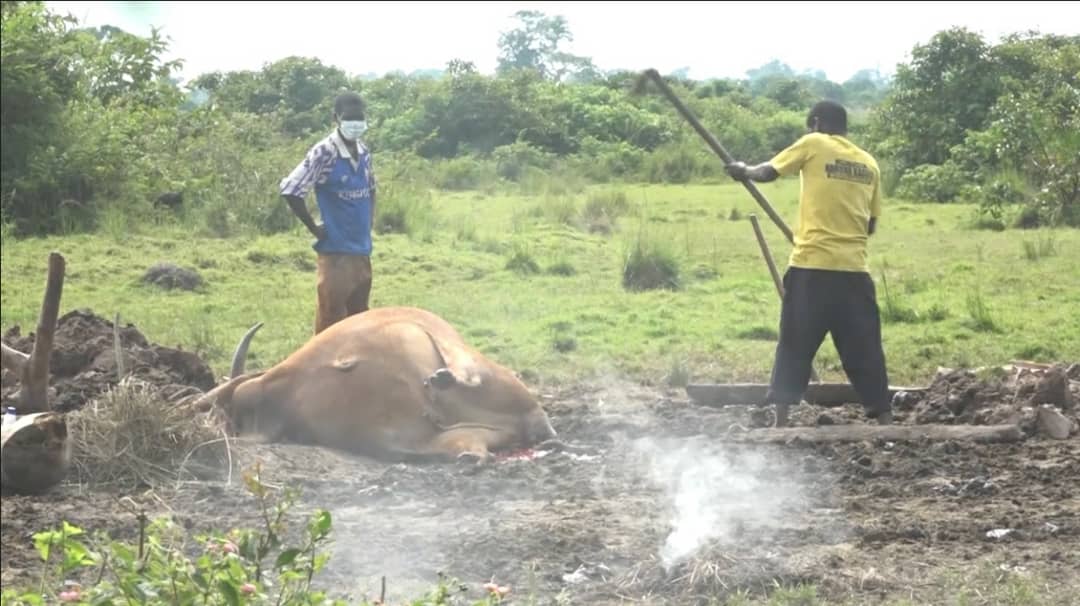Money laundering a global threat-IMF
According to the International Monetary Fund the amount of money laundering occurring on a yearly basis is estimated to range between 2 percent and 5 percent of the world’s Gross Domestic Product (GDP).
Currently people engaged in the act have resorted to investing the proceeds in real estate business to hide the money.
Keep Reading
- > Museveni directs leaders to document PDM beneficiaries
- > The Make Way Consortium calls for the Urgent Retabling of the Uganda’s National Health Insurance Scheme Bill
- > NBS Sport to Broadcast Second Edition of Zebra Mando Memorial Fight Night Live
- > Disrupting Uganda’s Procurement System: The Hidden Work of PPDA
According to Financial Intelligence Authority (FIA) Executive Director, Sydney Asubo most of laundered money comes from the neighbouring countries into Uganda and from Uganda to the same countries because of the porous borders.
Uganda loses 12 percent of its national budget to money laundering as tax evasion, corruption that increases the cost of doing business, direct economic loss to businesses, drug and human trafficking, but more recently, has been the main lifeline for terrorist activities.
Asubo says people are investing in real estate using fake names to be able to keep their money without leaving traces.
“Most land in Uganda isn’t titled, making it easy for money laundering into the business,” he says.
Previously in Uganda, only financial institutions had anti-money laundering regulations and are still required to report suspicious monetary activity and all activity to prevent money laundering. But being new in the industry they have for the 3 years focused on governance structures and registering with the different international bodies responsible in fighting money laundering like the financial action tasks force.
“It’s only three years and we couldn’t focus on our core role before setting up governance structures, although the national risk assessment report showed us the risk we are yet to face,” Asubo says.
An accountable person is required to declare cash with exceed Shs30 million to customs before crossing the border but due to lack of skills and having porous borders it’s still had to manage the situation.
He advises that government institutes a policy to enable reduce a cash based economy which can’t be tracked and embrace electronic transactions.
“Although its along term plan but it’s the only solution to fighting money laundering,” he says



